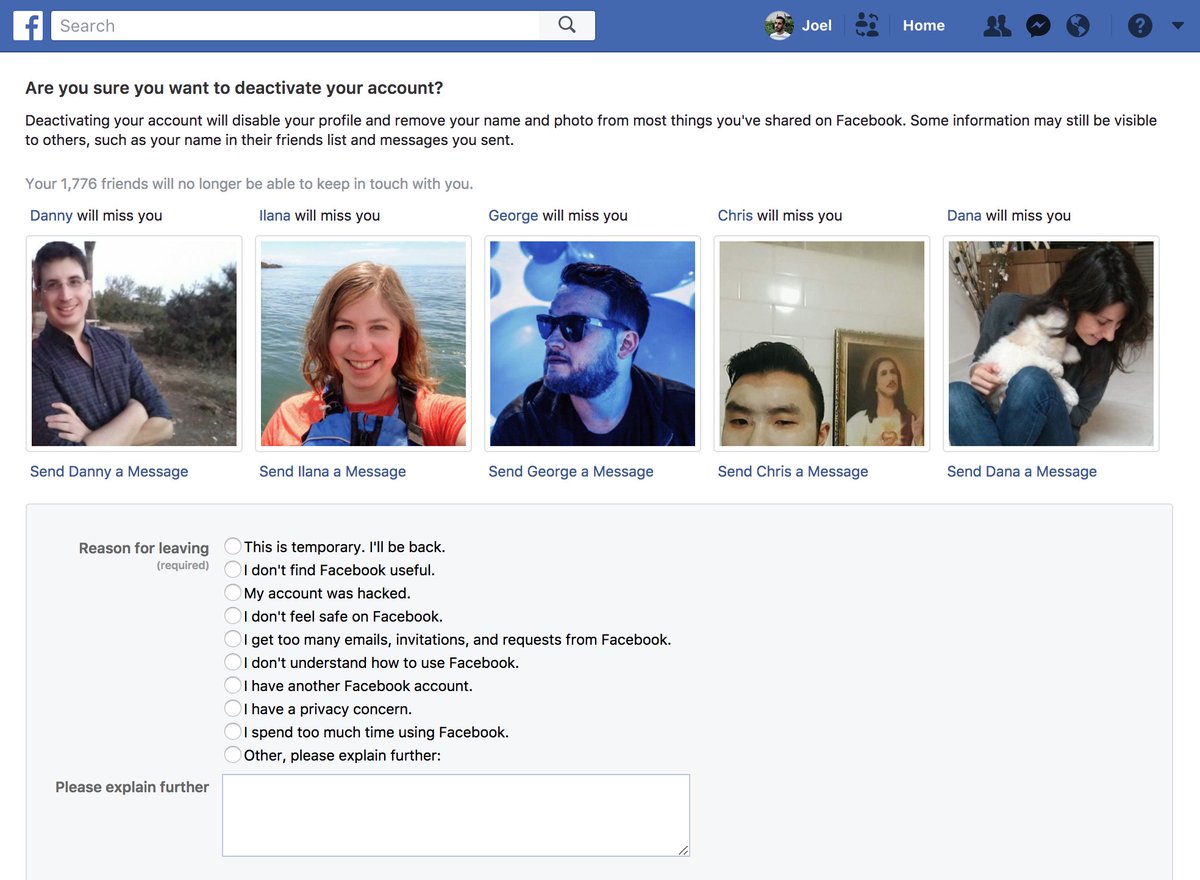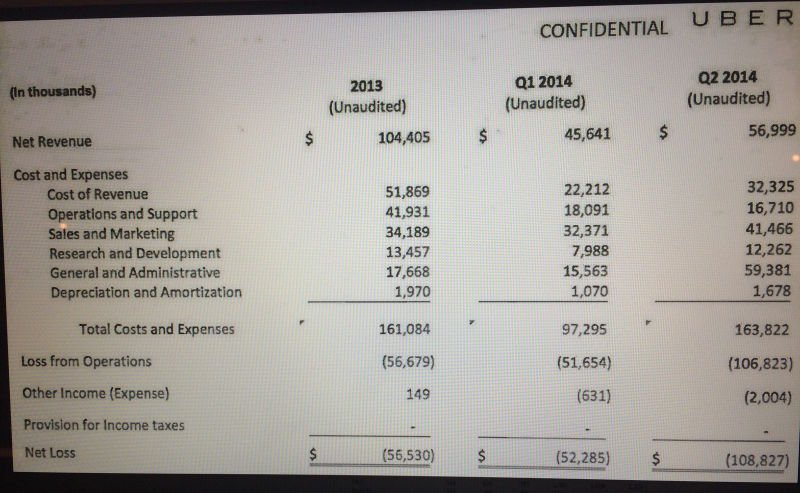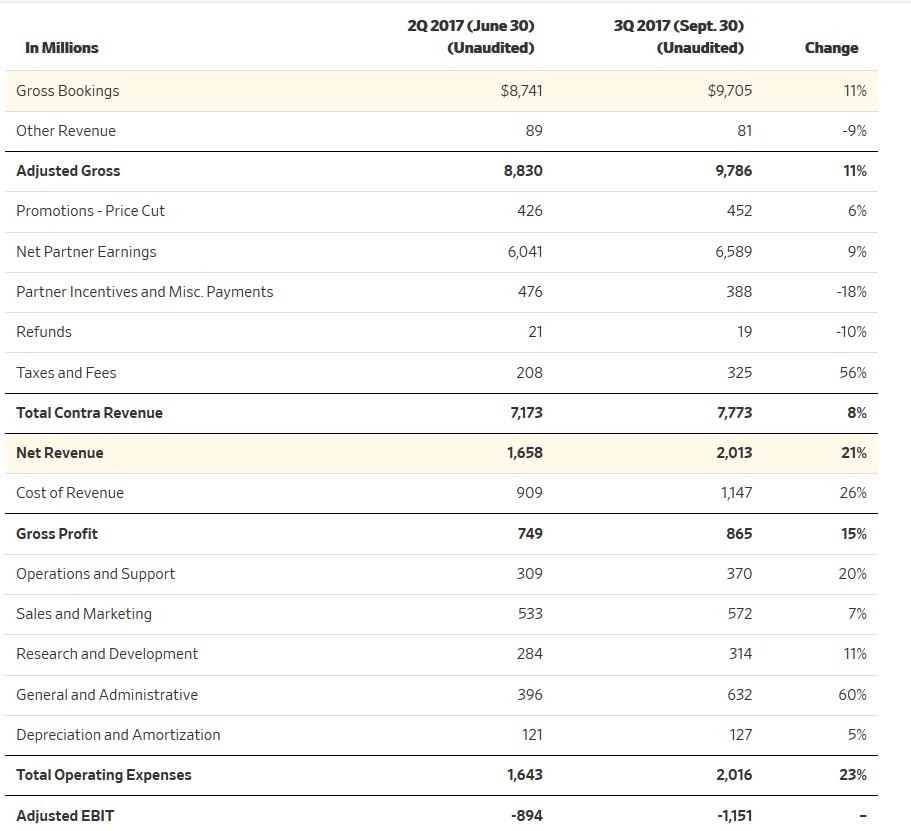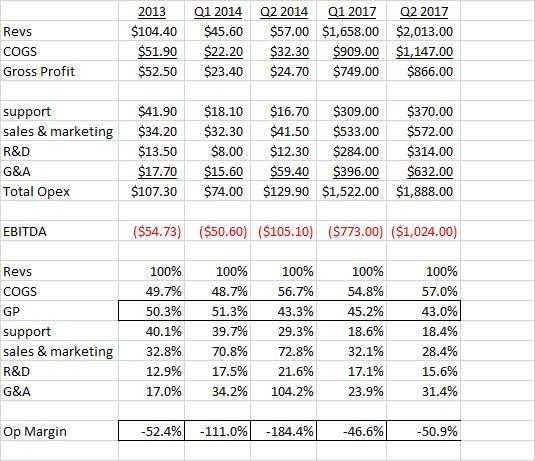Junior Designers were too idealistic and always pushed for things to be perfect.
Senior Designers were more realistic and understood that a company was a company.
My changing priorities were just a sign of my becoming more experienced, right? 6/
And then this other set of priorities that was framed as bull-headed, junior, childish. 8/
It’s honestly really easy to tell yourself that these things are good for users too. 9/
I think a lot of others went through the same thing in similar stages of their careers. 10/
You had less clout, which meant you had to fight for it.
And your role was much smaller, which meant you didn’t have as much say when it came to things like company strategy.
But it was... clean. 13/
It’s led to an array of products that optimize for engagement and stickiness over value. 14/

But I don’t accept that it ISN'T our responsibility. 16/
But the more experienced you become as a PERSON, the more you understand that company needs can't outweigh human needs. 19/
That used to be us. It can be us again. So let’s fucking do it.
/fin






